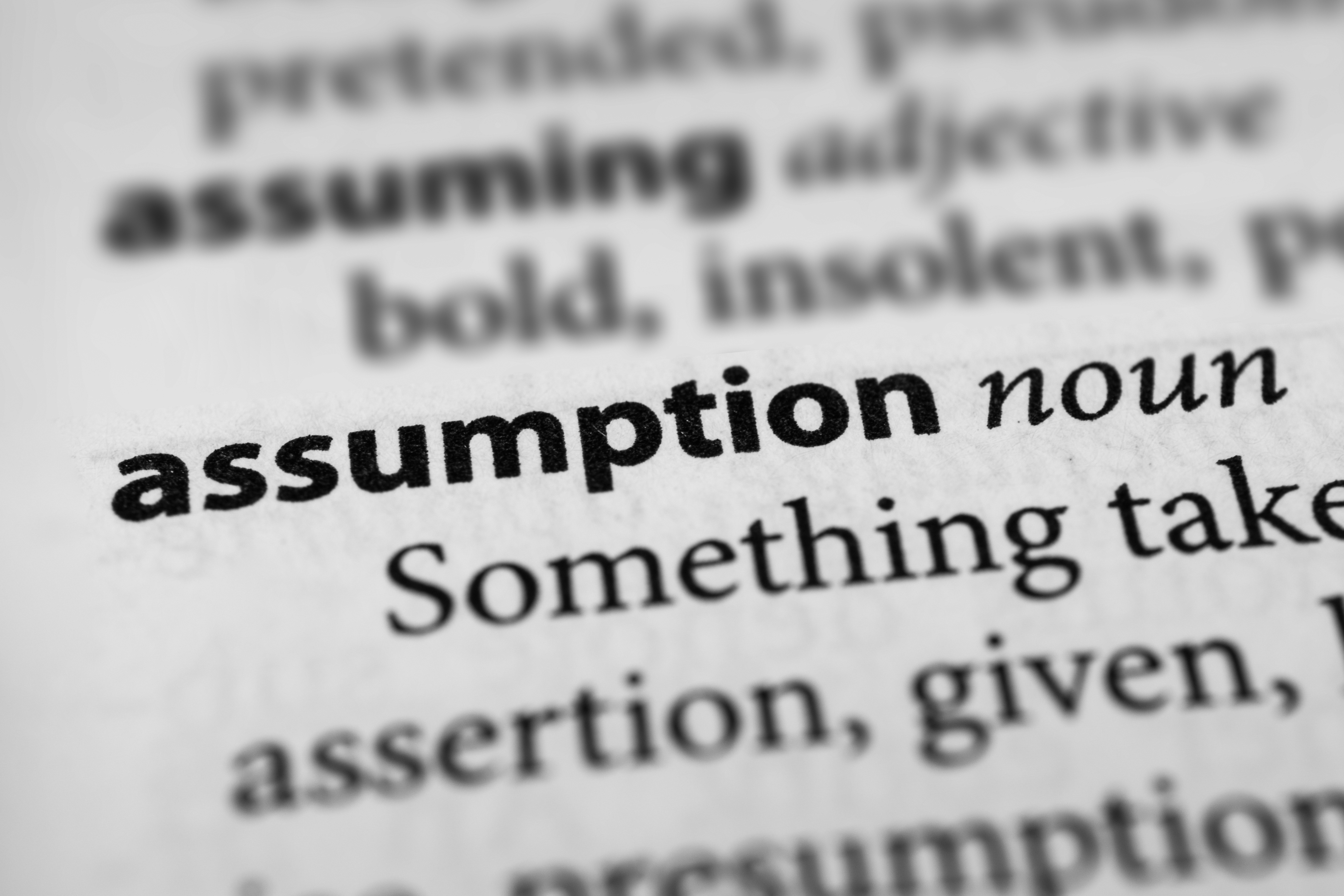The California League of Conservation Voters (CLCV) is pushing a bogus, disproven narrative to rally support for unnecessary setback regulations. In a series of tweets and email blasts, CLCV claims that expanded setbacks are necessary because oil and gas wells are “creating public health risks.”
Notably, CLCV fails to point to any study or government report to support its claims – perhaps because any review of the scientific record would disprove their arguments.
Here are the facts:
Oil production in California occurs under the strongest environmental and public health protections in the world, and accounts for a tiny proportion of overall emissions in energy-producing regions of our state. For example, air quality in the Los Angeles basin is currently at an all time high, even as production operations there have not been curtailed. Prior to COVID-19 shelter-in-place directives, all production operations combined contributed just 2% of emissions reported by the California Air Resources Control Board.
Furthermore, just nine months ago, an exhaustive review of government reports and studies led the City of Los Angeles Office of Petroleum and Natural Gas Administration and Safety to conclude:
“There is a lack of empirical evidence correlating oil and gas operations within the City of Los Angeles to widespread negative health impacts. The lack of evidence of public health impacts from oil and natural gas operations has been demonstrated locally in multiple studies by the Los Angeles County Department of Public Health, the Los Angeles County Oil & Gas Strike Team, the South Coast Air Quality Management District and the comprehensive Kern County Environmental Impact Report and Health Risk Assessment.”
In the discussion of the scientific record, the Los Angeles Petroleum Administrator explicitly dismisses “any public panic or belief in a widespread public health crisis” caused by local energy production.
The studies reviewed by the Administrator found that ending oil and gas production would have no appreciable effect on public health. That’s because more than 25 government agencies at every level – from local and regional to state and federal – regulate every step of the oil and gas production process in California to protect the public. Emissions related to production are strictly monitored by the California Air Resources Control Board and local air districts.
Assembly Bill 345 is nothing more than a baseless ploy by radical activists and their champions to shut down oil production in California. These activists have repeatedly demanded for California to “keep oil and gas in the ground.” But economists question the effectiveness of cutting in-state production, arguing less production in California will only result in more oil imports being shipped in by tankers from foreign countries that don’t have our same stringent regulations to protect public health and the environment. For example, imported foreign crude is exempt from California’s one-of-a-kind greenhouse gas reduction cap and trade program. A recent Los Angeles Times report found that the ports where these foreign tankers dock will soon become the largest source of air pollution for the region.
Furthermore, the radical proposals to cut in-state energy production also make zero economic sense, effectively sending energy jobs and revenues overseas instead of fueling local economies in-state – and providing billions in state and local tax revenues that we so desparately need, now more than ever.
So while activists may try to spin their same tired, false narratives, policymakers must ground their decision-making in reality, not rhetoric. Following the activist path will result in more foreign oil imports, fewer jobs, increased pollution, and lower government revenues at a time when Californians desperately desire to get their lives back on track.


